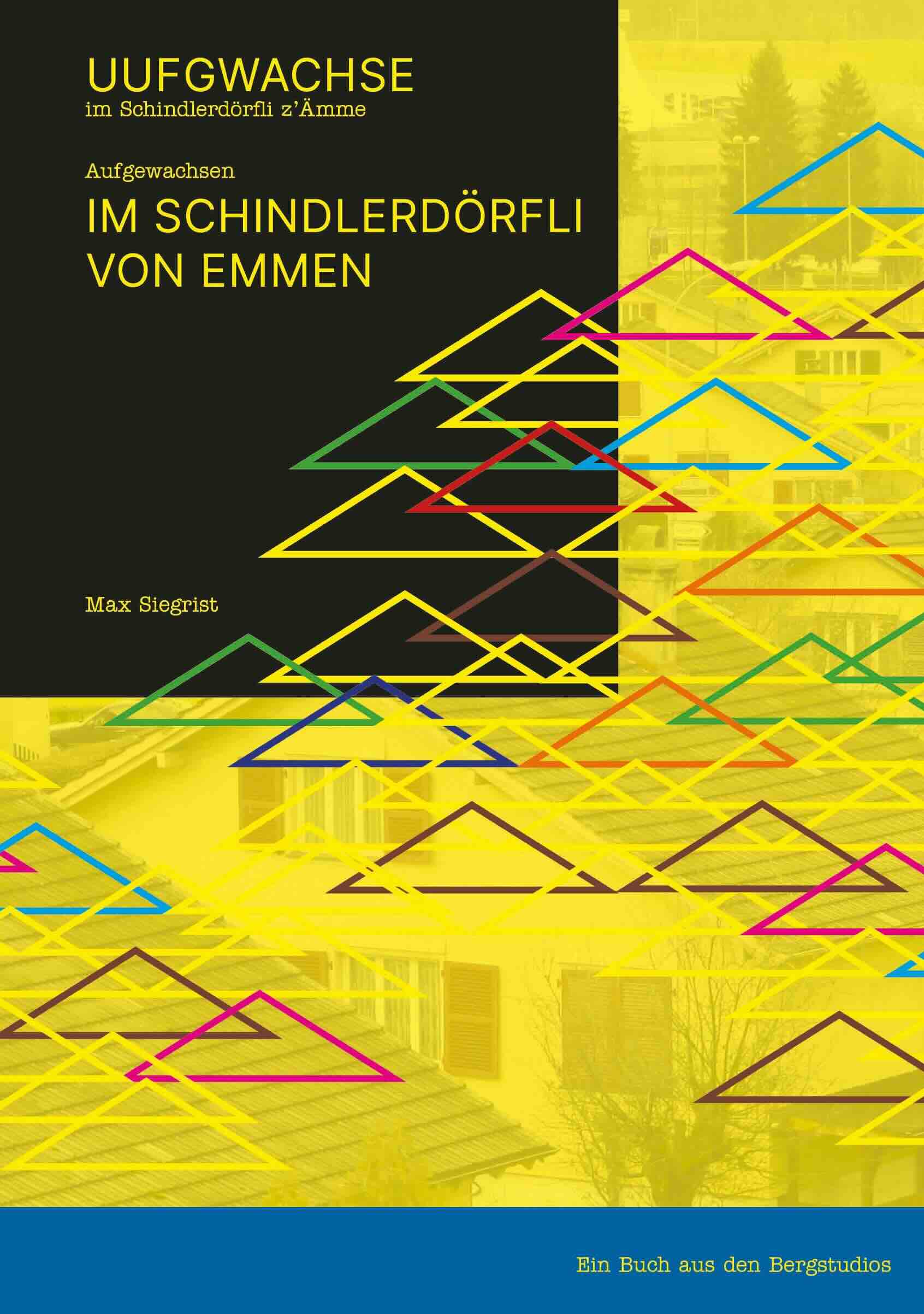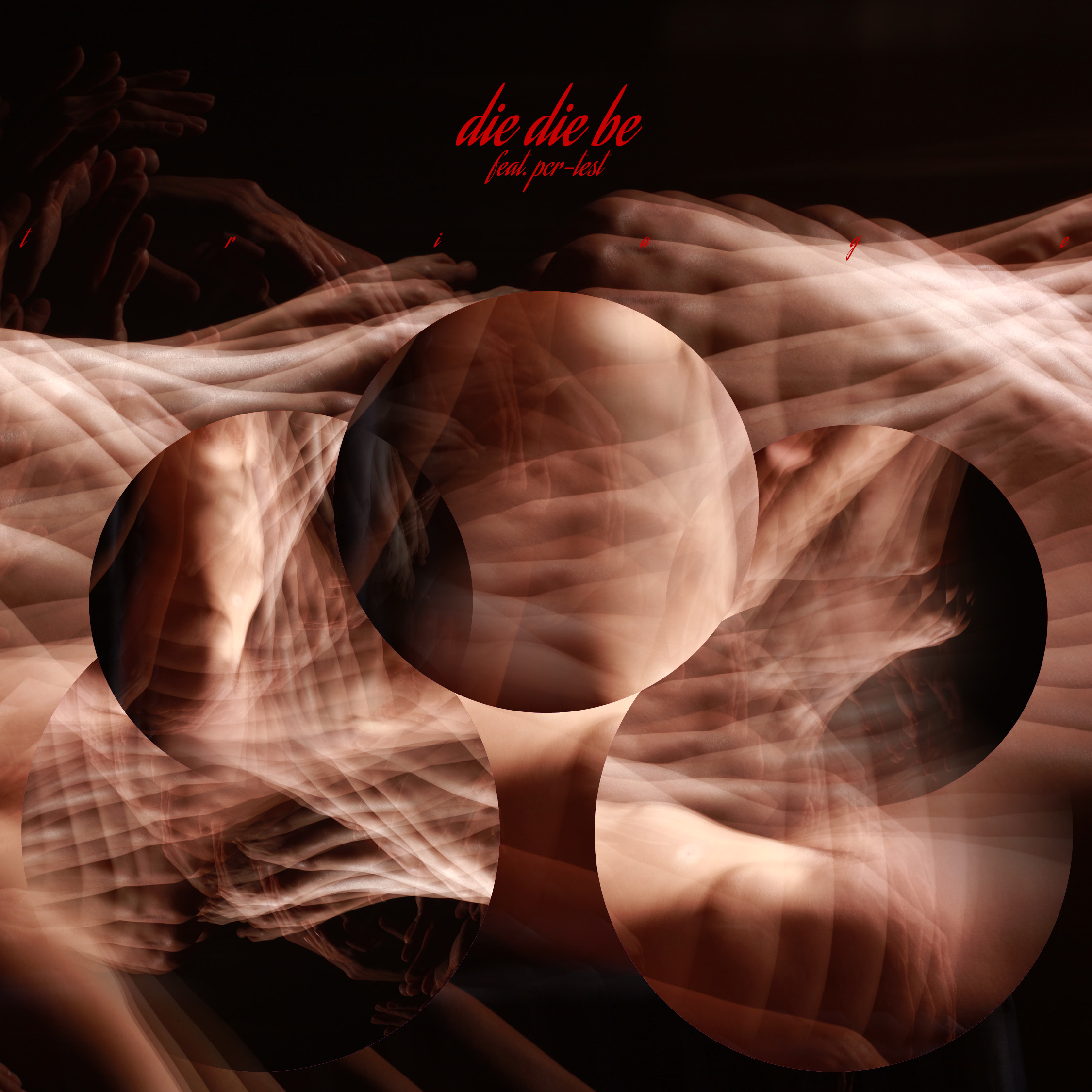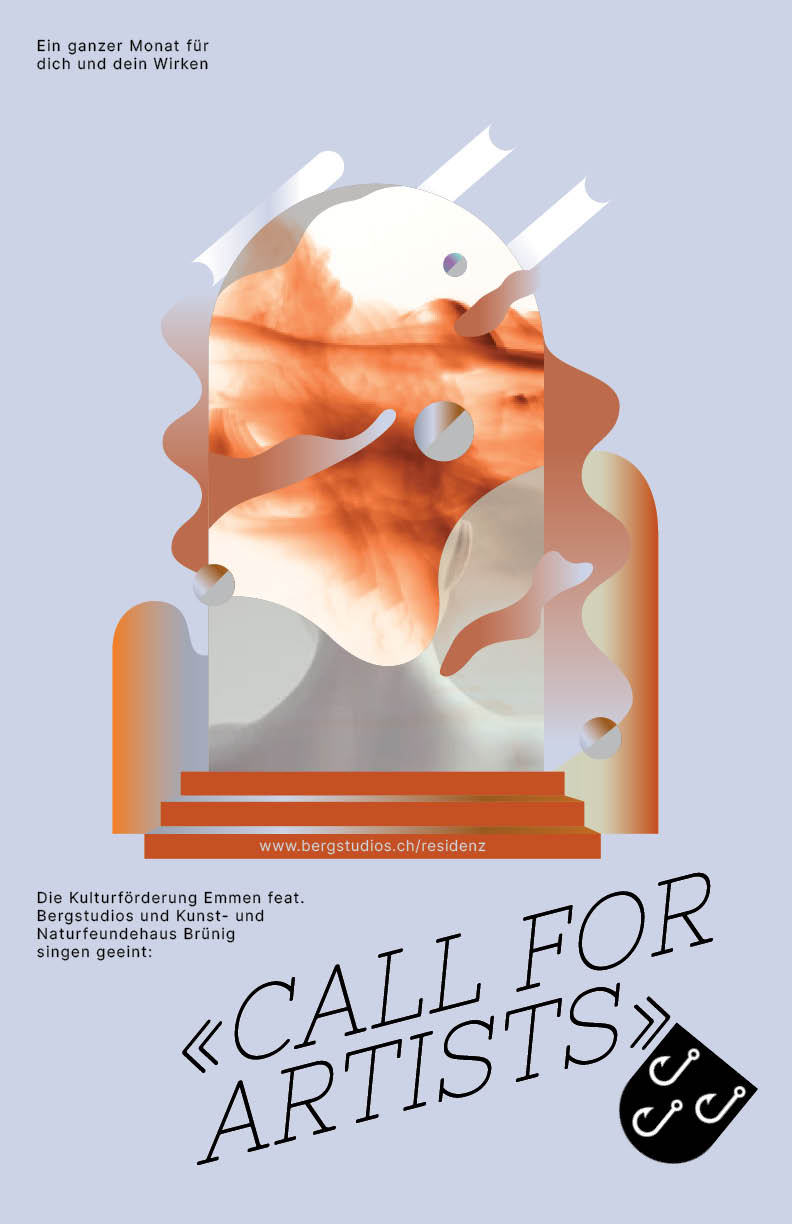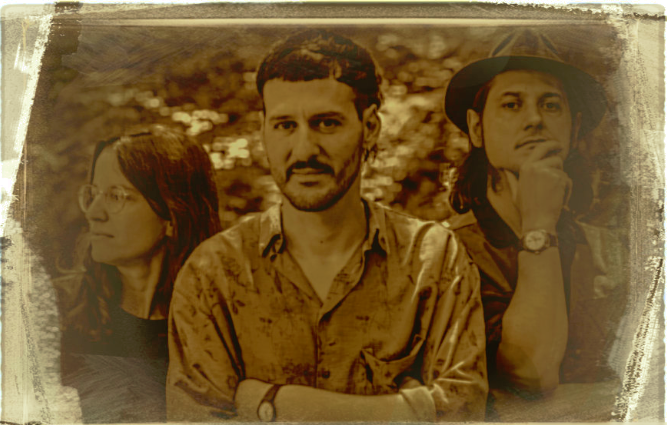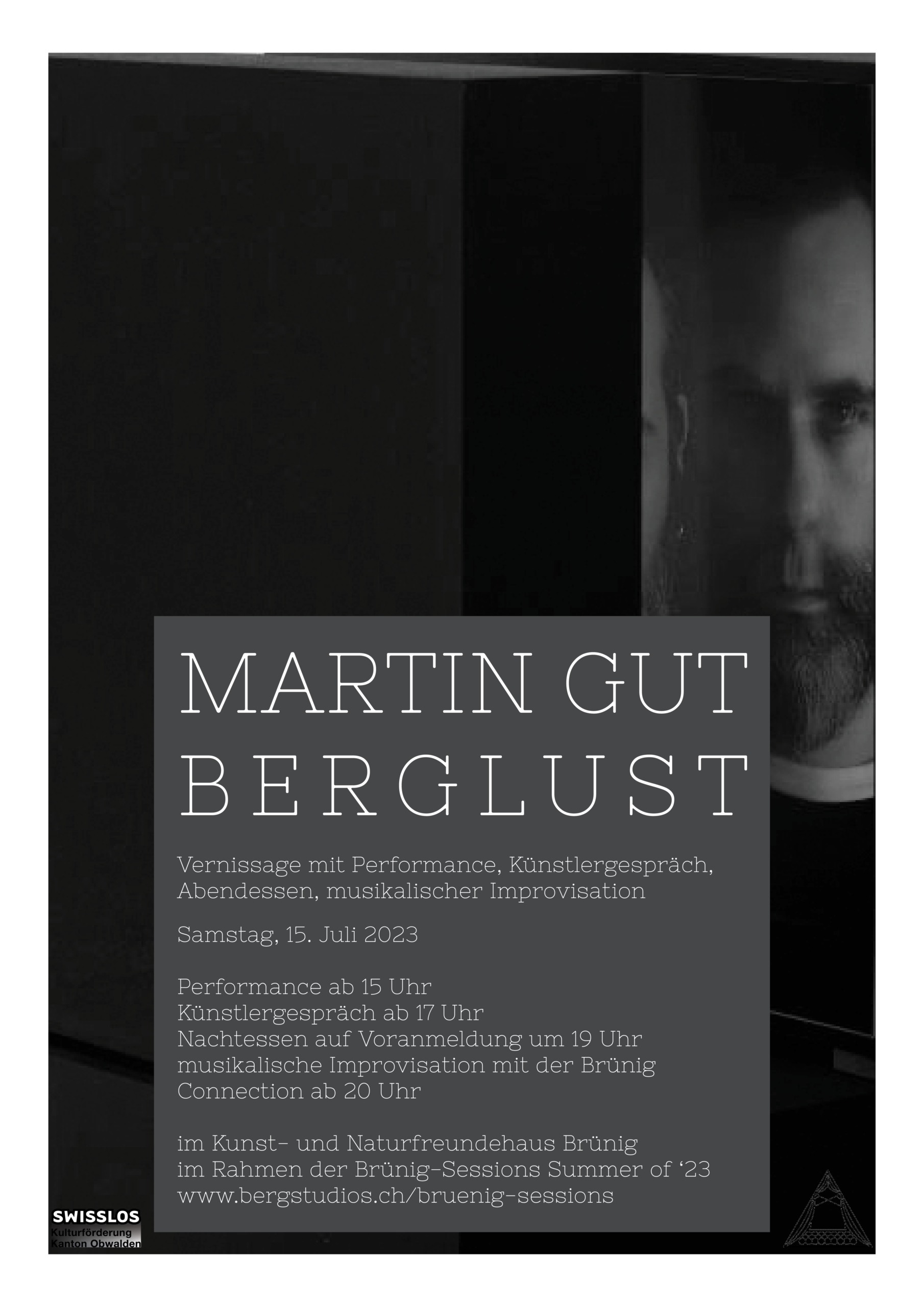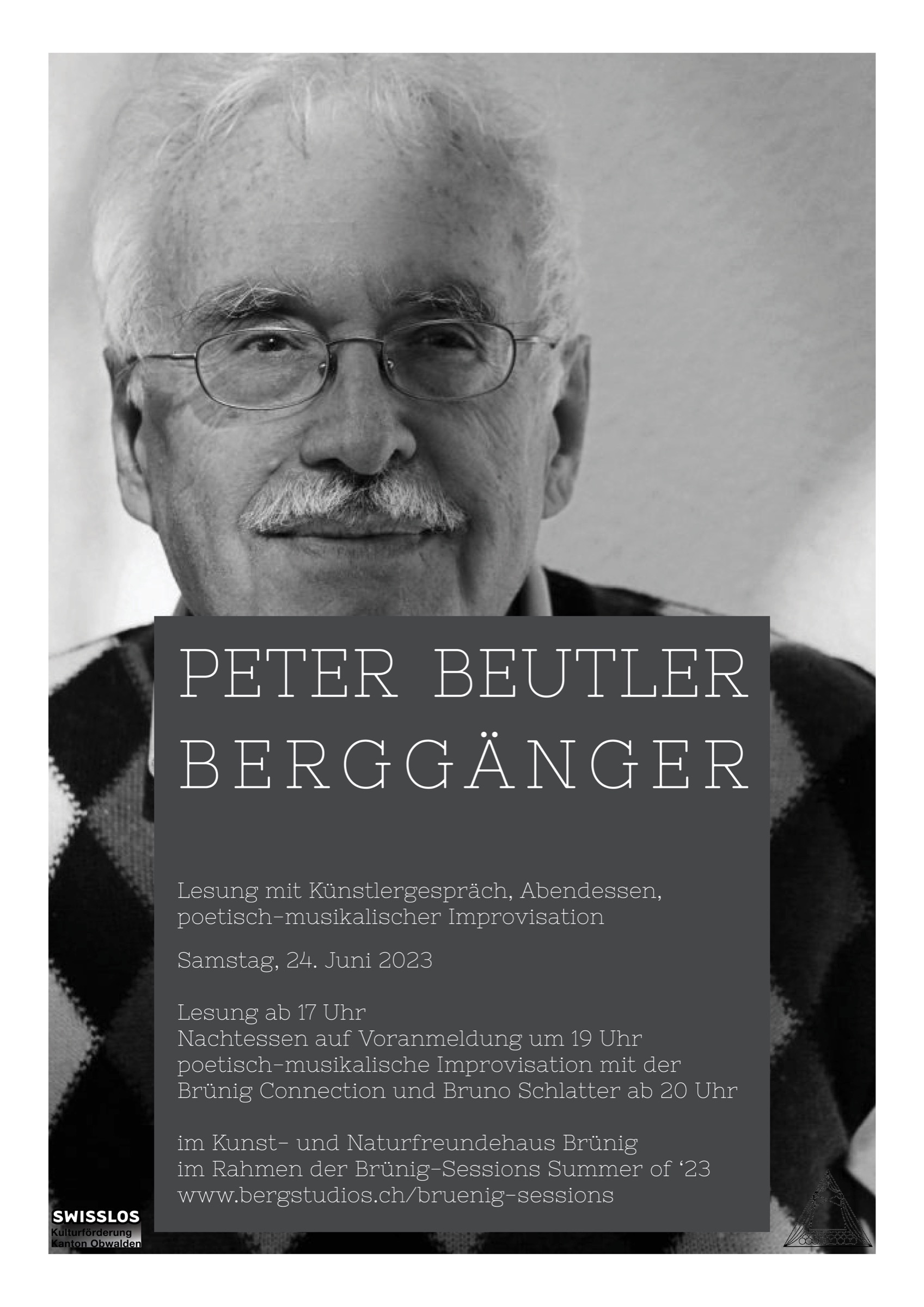The power of the majority. More precisely: the power of a select group. The polis. Or the power of the minority with the most money.
Who can remember when we voted on 6 weeks of vacation? Who could have used these vacations? Everyone who really only has 4 weeks of vacation a year. Many people still know how it turned out. It was rejected. And why? Because most of those who would have needed it were not allowed to vote and those who were allowed to vote were only thinking of themselves, because they already had more than 6 weeks of vacation a year anyway. It’s probably the same with the 13th OASI.
Those who wanted it were able to vote, were already in the majority and benefited from it immediately. That is perhaps the difference between a silent vote and a public vote in an open place. With the former, we can better think only of ourselves. With the latter, we can get involved in discussions if our neighbor has voted differently and he sees this when I hold up my hand. Which option is more democratic is debatable. The second variant, which is also the older variant of democracy, seems to be more democratic, as the vote will go to the benefit of the majority. People tend to submit to the pressure of the masses. This, in turn, can make it more undemocratic; a non-free vote is not really a democratic vote. Ultimately, however, both variants have advantages and disadvantages, because the voters can be worked on in advance to achieve a certain result.
I mentioned the polis above. The determining, superior selection of people and organizations, which has much more power than each individual and uses the same mechanism as each individual, was able to profit directly from it this time and accordingly did not resist it. The polis had resisted the 6-week vacation because they believed – and probably would have – that their (fellow) workers would have benefited and it would have gone to their personal wallets. Just like this time, but in the opposite way. The fact that others can also benefit from the 13th OASI is seen as solidarity. It would not have been solidarity if others had been able to benefit from the 6 weeks’ vacation. That would have been parasitic.
So much for our impressionable democracy. Perhaps a brief comment on this. Who was able to vote on whether electricity prices should be allowed to double? Nobody, because we were frightened that we would soon have no electricity and so we simply swallowed the increase in prices, just like the millions and millions of francs for UBS back then, etc. As if more money would generate more electricity.
Well, with time and the passing of the years, these things, which still have a very direct influence on our lives, become more transparent. But what can we do about it? The only thing we have left is this mechanism of the majority. But it takes about half a lifetime and a lot of money to perhaps make a difference, because there is often at least as much force coming from the other side. That’s why this 13th OASI initiative is a success. I don’t begrudge it to the children of baby boomers who are studying, most of whom don’t know what to do with all their parents’ money anyway. But it really was the majority who wanted it that won. And not the majority that was most intimidated, or the minority that had the most money, which can also use this mechanism because people can be influenced.
Now thinking even further and more complicated. All those who vote are not the majority of the population. Those who say yes or no, or win, are often a little over 50% of the 30% or so who are allowed to vote. And even those who are allowed to vote are less than 50% of the total population. That is the modern polis. I don’t want to claim Nietzsche’s prediction from Beyond Good and Evil is completely true, that the “democratization of Europe amounts to the production of a type prepared for slavery in the finest sense.” That was about a hundred years ago. How exactly the prediction has come true is anyone’s guess. Especially when we look outside Switzerland.
We have it good. And I hope it stays that way. There are two world wars between Nietzsche and us. I doubt that he ever imagined the near future like this. Here are a few words condensed from the German-language newspapers of recent months:
«Kriegstauglich», «kriegsbereit», «wehrhaft», «abwehrbereit», «kriegsfähig», «kriegstüchtige Truppe», «Bedrohungslage», «verschärfte Bedrohungslage», «für den Kriegsfall optimal aufgestellt», «Gegenschlag» etc.
Well, I don’t have to say much about that. I certainly don’t want to paint a black picture, I’d rather be in the black. But this trend is obvious. Maybe it will eventually come to “total war”. It is to be hoped that it might be enough to shoot away all the ammunition we have in 1,000 dry runs and squander all the war equipment in order to build new ones, i.e. buy new ones, such as an “Iron Dome” for Europe, an army for Europe and so on. After all, the Cold War was followed by a reasonably good time.
Yes, please excuse this pale feeling. What can we do about it? Against this powerful minority?
It’s all good or evil. And we should get beyond it. Or to the afterlife. But it all sounds so pathetic and misleading. We simply don’t have to go along with it. And now I’m probably going to upset a lot of people, because the answer is so incredibly simple. We simply can’t take part! Imagine there’s a war and nobody goes. I once read this sentence as a teenager and it has stuck with me. And we should stay and not become bellicose!
I hereby plead to all those who want to enjoy the 13th OASI and those who hope to ever receive it not to become belligerent. As we have seen with the 13th OASI, we can defend ourselves to a certain extent in Switzerland. And we must defend ourselves in exactly the same way, by not getting involved in the war with any propaganda. The key to this is our neutrality. And we know that we can do this.
With love Die Diebe



